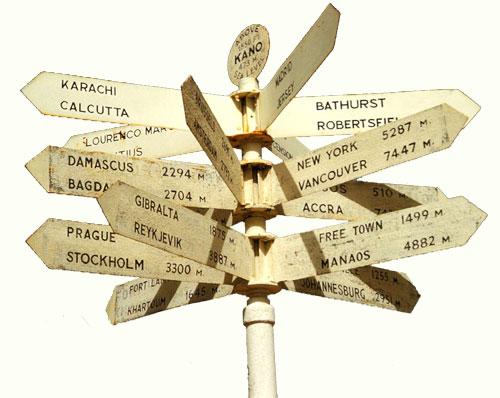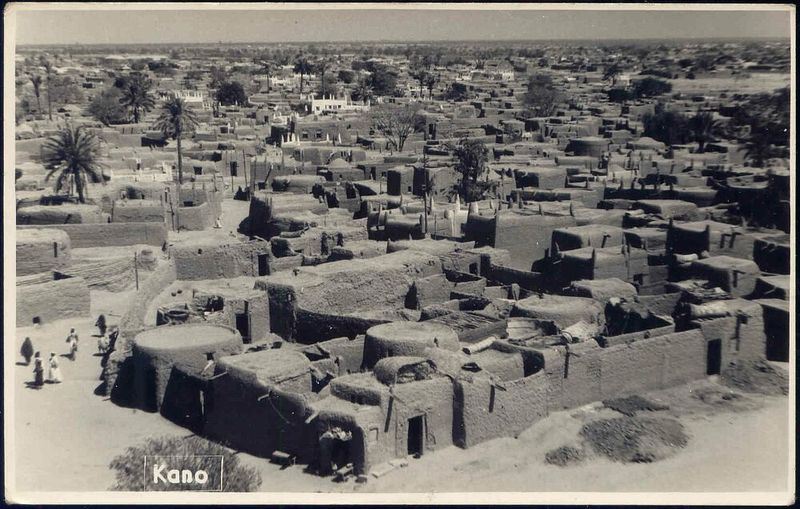Identity, Crisis: Shari'a Law in Nigerian Politics
by Alex Thurston
In 1999, Nigeria made global headlines when Northern states began re-implementing “full shari’a,” i.e. Islamic law codes that included criminal penalties for acts like theft, adultery, and drinking alcohol. The shari’a project in Northern Nigeria caused further controversy when shari’a courts sentenced two accused adulteresses to death by stoning – sentences that higher courts, under domestic and international pressure, later overturned.
As the rebel movement Boko Haram again puts Nigeria back in the headlines, the country’s relationship with shari’a is attracting new attention. Boko Haram’s overall platform remains vague. One of its few stated demands, however, is for broader and stronger shari’a not just in Northern states, but across all of Nigeria. What does this mean? And what historical factors have made shari’a loom so large in Northern Nigerian politics? Continue Reading →


